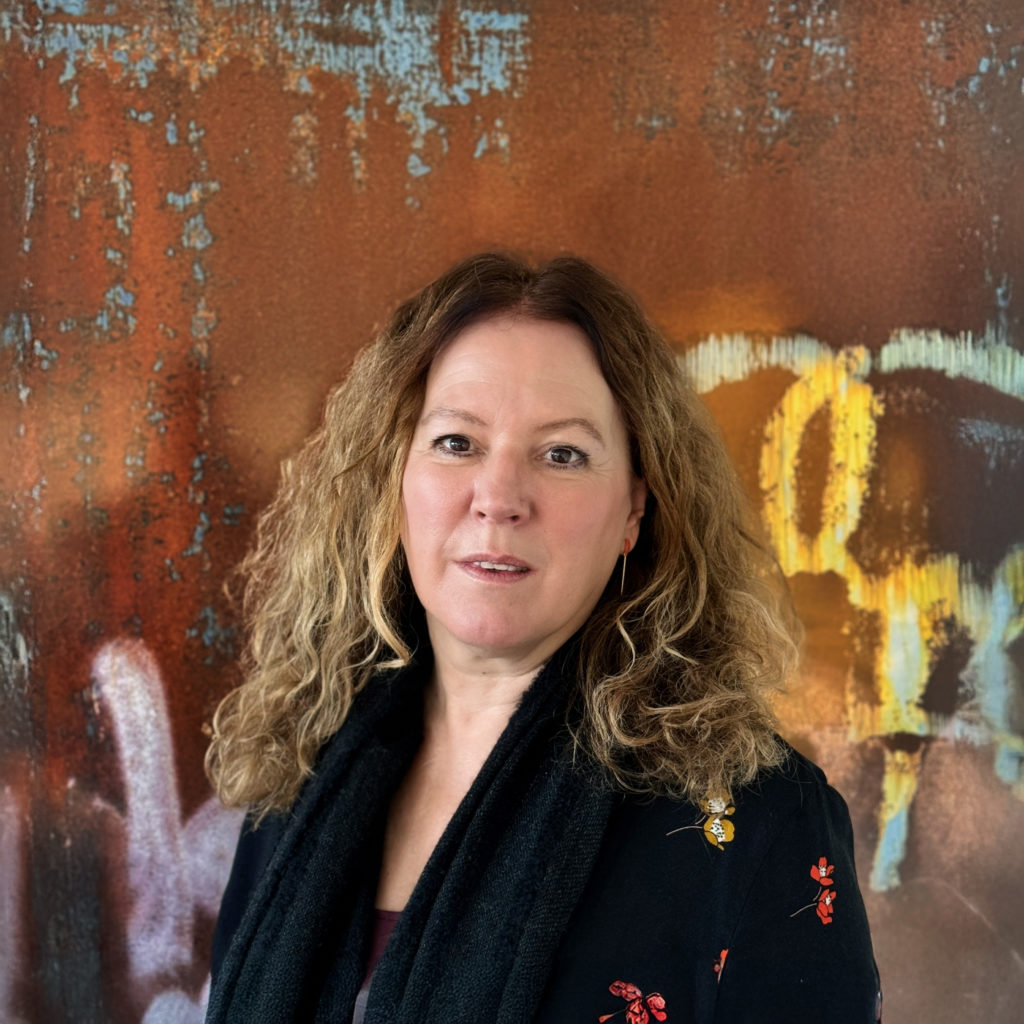Backwards-moving or inherently retrograde processes are typically associated with notions such as regression, withdrawal, or an undoing. But these associations only partially grasp the nature of such processes, as demonstrated by retrograde experiments in literary form from England, Germany, France, and Latin America. Particularly notable in this context are palindromes—sometimes called “reversers”—and variations of retro-narration, which explore the semantics of the prefix “re-”—as both “back” and “again”—and thus engage with themes of reparation and restitution. These experimental forms interweave elements of reversal and restoration, unsettling spatial and temporal dimensions, event causalities, and their underlying motivations. This project examines the capacities of retropoetic methods: Do such approaches bring to light phenomena that resist temporal constraints or defy transformation through lived experience? Do they, in their backwards traversal of traumatic or catastrophic events, reveal strategies for repair? Do retrograde processes within cultural semiosis represent acts of restoration—or, conversely, the impossibility of repair?
PROF. DR. MONA KÖRTE
CURRICULUM VITAE
Mona Körte has served as a professor of general and comparative literature and European-Jewish literature at the University of Bielefeld since 2018. Previously, between 2016 and 2018, she co-led the World Literature section at the Leibniz Center for Literary and Cultural Research in Berlin (ZfL), together with Daniel Weidner. In 2015, she held the position of Distinguished Max Kade Visiting Professor at the University of Virginia in Charlottesville and was also awarded a year-long fellowship at the Herbert D. Katz Center for Advanced Judaic Studies at the University of Pennsylvania. From 2013 to 2014, she was a fellow at the Alfried Krupp Wissenschaftskolleg Greifswald. She has also been a guest or acting professor at the University of Konstanz, the University of Graz, and the Technical University of Chemnitz. Since 2023, she has been on the advisory board of the Richard M. Meyer Foundation and since 2017, on the academic advisory board for the series Exile Cultures (with Metzler).
